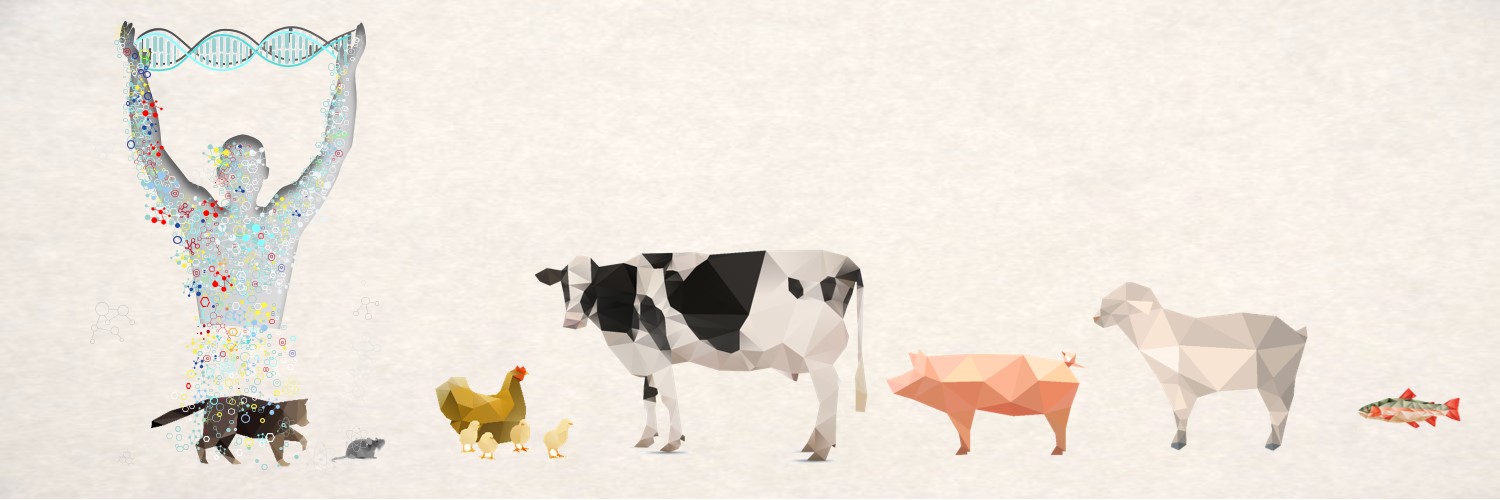
This research theme focuses on the use of alternative animal models for studying human health and physiology. Research areas include:
Using animal models for human health and disease, nutrition, and toxicology research, and functional food development.
- Pigs as a relevant model for studying basic animal biology, human health, nutrition, functional foods and toxicity studies
- Rainbow trout as a sensitive model to determine the mechanism of toxicity (and/or resistance) of mycotoxins.
Evaluating the health consequences of consuming animal products using animal models.
- Strategies to enrich milk proteins with Se by manipulating the diet of dairy cows, and then studying the consequences, in rodent models of cancer and diabetes, of consuming the Se-enriched milk proteins
Stem cell research using comparative animal models.
- The study of germ cell potential of skin-derived stem cells and the factors involved in the induction of differentiation.
Understanding the impact of environment and early life experience on the neuroendocrine-immune development using comparative animal models.
- Sheep as a developmental model to evaluate the effects of early life stress on the developmental neuroendocrine and immune systems.
- Ruminant models to study genetic susceptibility to stress-associated and inflammatory diseases.
- Animal models for understanding the effects of environment and early experience on behavioural development and brain function